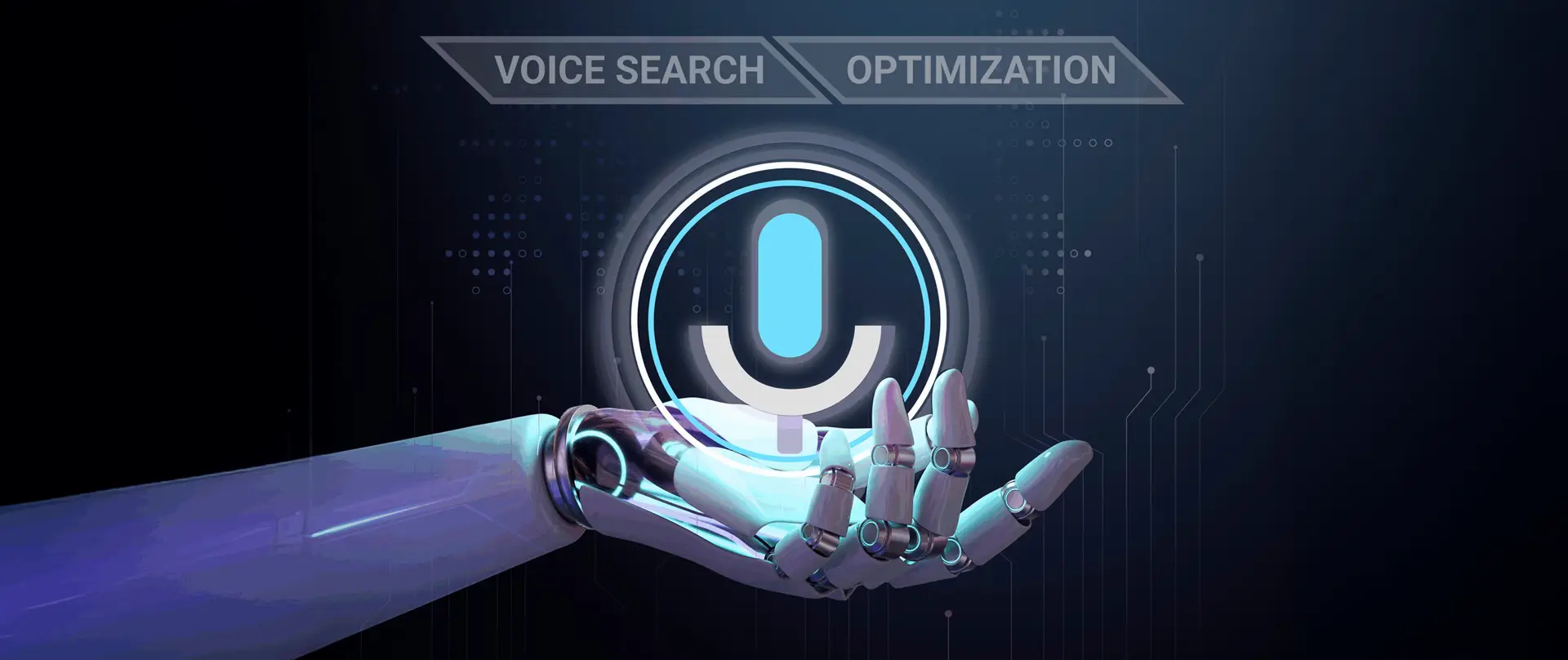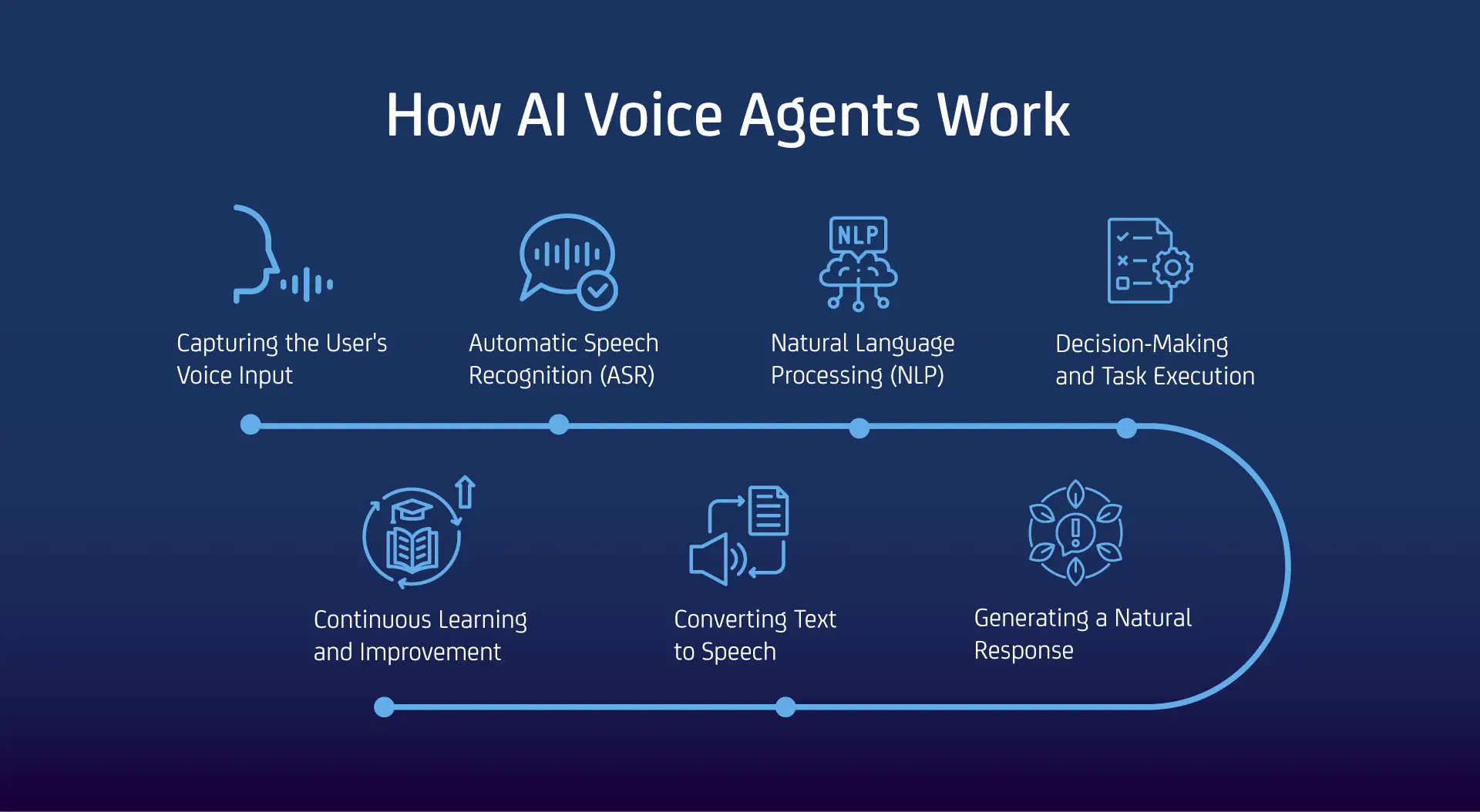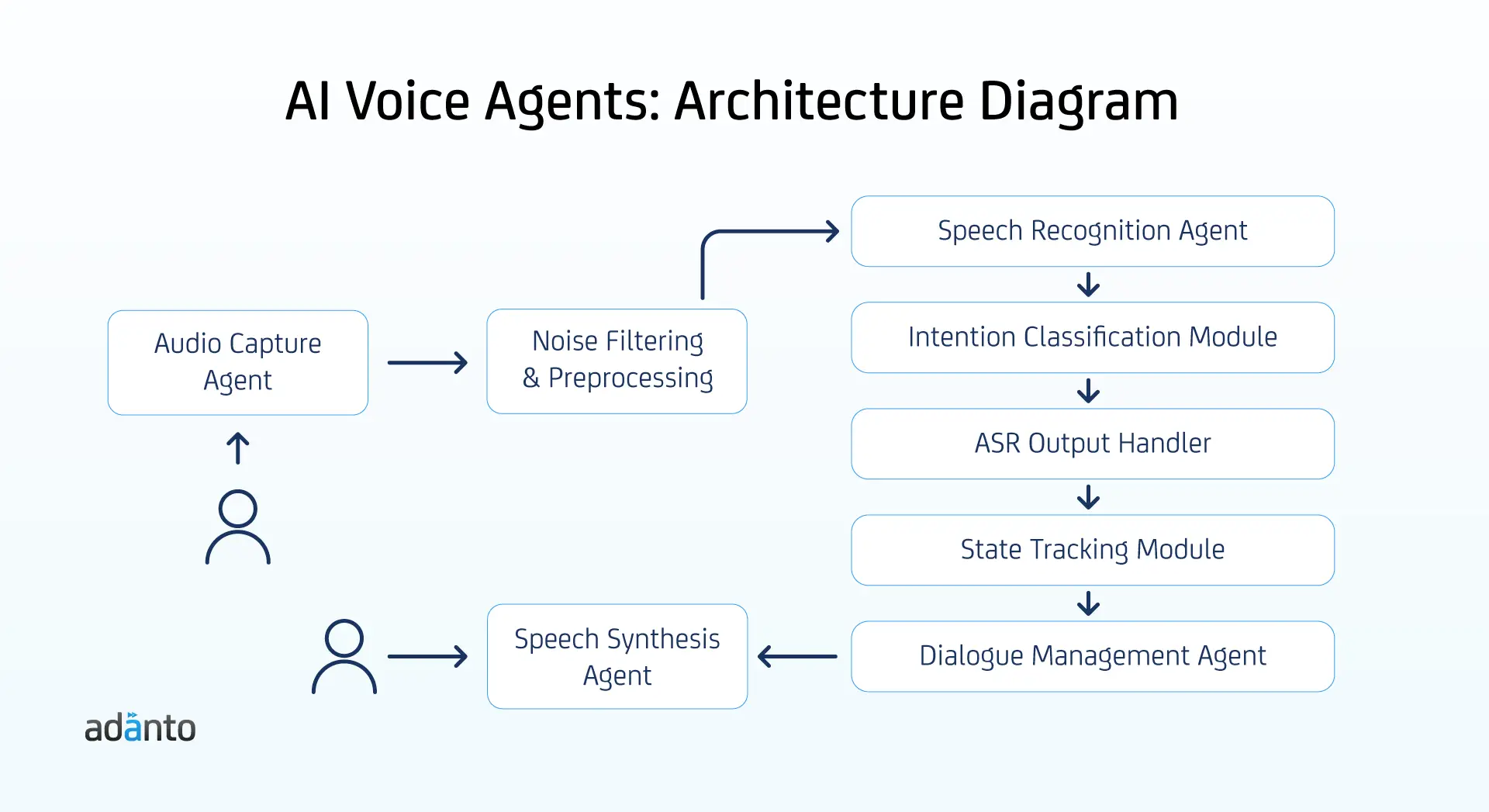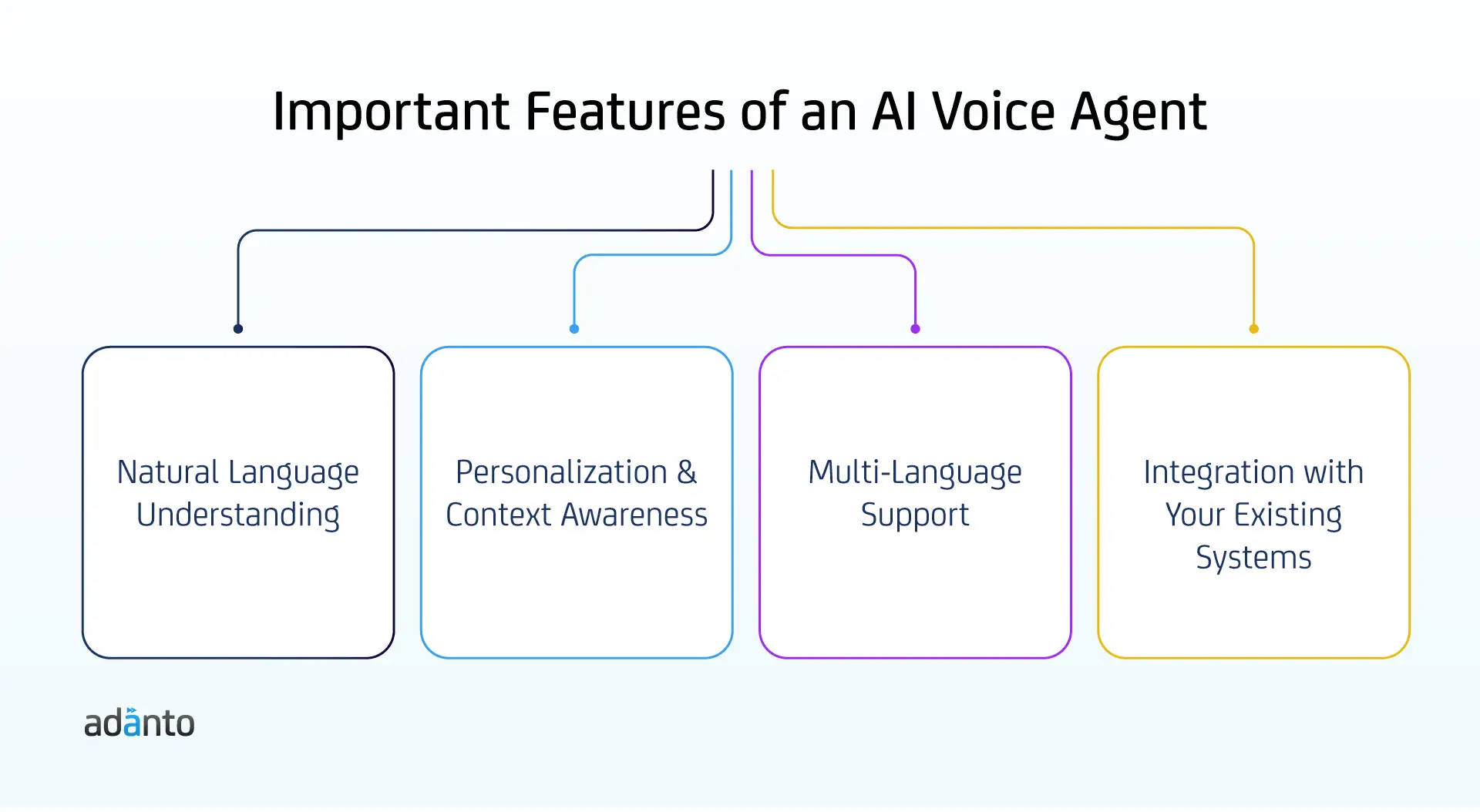
Talking to a business should feel easy. But long wait times, repeated questions, and poor support can frustrate customers. That’s where Voice AI agents come in. These tools are designed to handle real-time conversations using artificial intelligence. They can understand what people say, figure out what they need, and respond with a voice that sounds natural. Unlike basic phone menus or chatbots, Voice AI agents can hold two-way conversations and offer real help—without involving a human agent every time.
In this article, we’ll walk through what a Voice AI agent is, how it works, what features matter, and how it can help your business. If you’re exploring ways to improve customer service or reduce call center costs, this guide will give you a solid starting point.
Table of Contents
What is a Voice AI Agent?
A Voice AI Agent is a virtual assistant that communicates with users via spoken language. Unlike traditional IVR (Interactive Voice Response) systems that follow rigid scripts and often frustrate users, Voice AI Agents use artificial intelligence to understand, interpret, and respond in a natural, human-like way.
They can handle a wide range of tasks:
- Answering customer support queries
- Booking appointments
- Providing product recommendations
- Processing orders
- Collecting feedback
Think of them as digital team members who never sleep, don’t lose patience, and continuously improve over time.
How AI Voice Agents Work
A Voice AI Agent works through a blend of voice recognition, natural language processing, machine learning, and backend integration. When a user speaks, the AI listens, deciphers intent, and crafts a meaningful response—all in real time.
Here’s a typical flow:
- User Speaks: “I want to know my order status.”
- Voice Input is Captured via microphone or phone call.
- Speech-to-Text (STT): Converts spoken words into written text.
- Natural Language Understanding (NLU): Interprets what the user means.
- Dialog Manager: Decides how to respond.
- Text-to-Speech (TTS): Converts the reply back into speech.
- Voice Output: “Sure, let me check your order. Can I have your order number?”
It all happens in seconds—and gets smarter with every conversation.

Key Components of Voice AI Agent Architecture
To understand how these agents operate, let’s break down their core architecture:
- Automatic Speech Recognition (ASR)
This component transforms spoken language into text. Accuracy here is crucial—especially with different accents, speeds, or background noise. - Natural Language Processing (NLP)
NLP handles two parts: understanding user intent and generating a human-like response. It’s what allows the agent to grasp the meaning behind words. - Dialog Management System (DMS)
The DMS decides how the agent responds. It uses context, previous interactions, and logic flows to ensure the conversation feels natural. - Text-to-Speech (TTS)
Converts the AI’s response from text back to speech. Modern systems now have expressive, natural-sounding voices with varied tones and emotions. - Backend/API Integrations
To be truly useful, Voice AI Agents must connect with CRMs, order systems, databases, calendars, and other business tools.
Training & Analytics Layer
This layer helps the system learn from user interactions, spot friction points, and improve accuracy over time.

Important Features of an AI Voice Agent
What makes a voice AI agent powerful and business-ready? Here are key features to look for:
- Real-Time, Natural Conversations: No awkward pauses or robotic replies. It should talk like a real person.
- Context Retention: Good agents remember previous interactions within a session—sometimes even across sessions.
- Multilingual Support: Serve customers in their native language or dialect.
- Personalization: Greet users by name, remember preferences, and adapt responses.
- 24/7 Availability: AI agents never clock out.
- Scalability: Handle thousands of conversations simultaneously without delays.
Seamless Handover: When needed, they can transfer the conversation to a human agent—complete with conversation history.

Benefits of Voice AI Agents for Your Business
Why should a business invest in a voice AI agent?
Imagine you’re running an e-commerce company. During peak shopping season, your support team is swamped with queries: “Where’s my order?”, “Can I return this item?”, “What’s your exchange policy?”
Instead of hiring and training dozens of temporary agents, a voice AI agent can:
- Handle 80% of repetitive queries automatically
- Reduce customer wait time to near zero
- Free up your human team for complex cases
- Cut operational costs significantly
- Increase customer satisfaction with quick, consistent answers
And in industries like banking, healthcare, and retail, AI voice agents are already showing measurable ROI—from improved conversion rates to reduced churn.
Conclusion
Voice AI Agents are a smart way for businesses to talk to customers quickly and easily. They can answer questions, help with orders, and give support—any time, day or night.
They don’t replace your team, but they help your team work better by handling simple, repetitive tasks. This means faster service for customers and lower costs for your business.
Let’s Talk
At Adanto Software, we help companies build and use Voice AI Agents that fit their needs. If you’re thinking about using AI to improve your customer experience, we’re here to help you get started.










